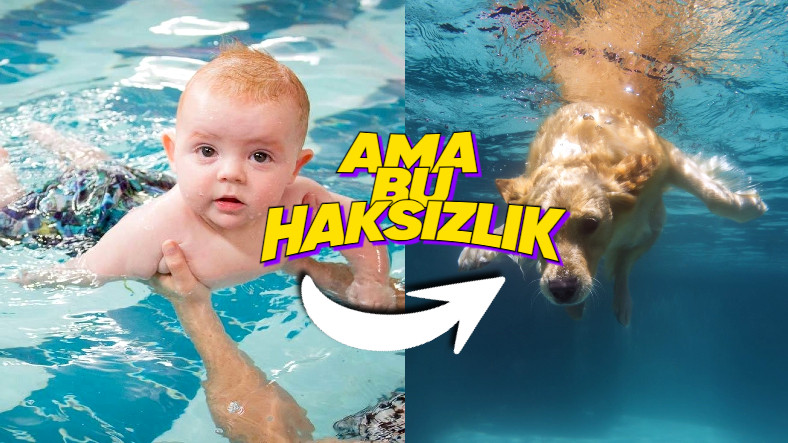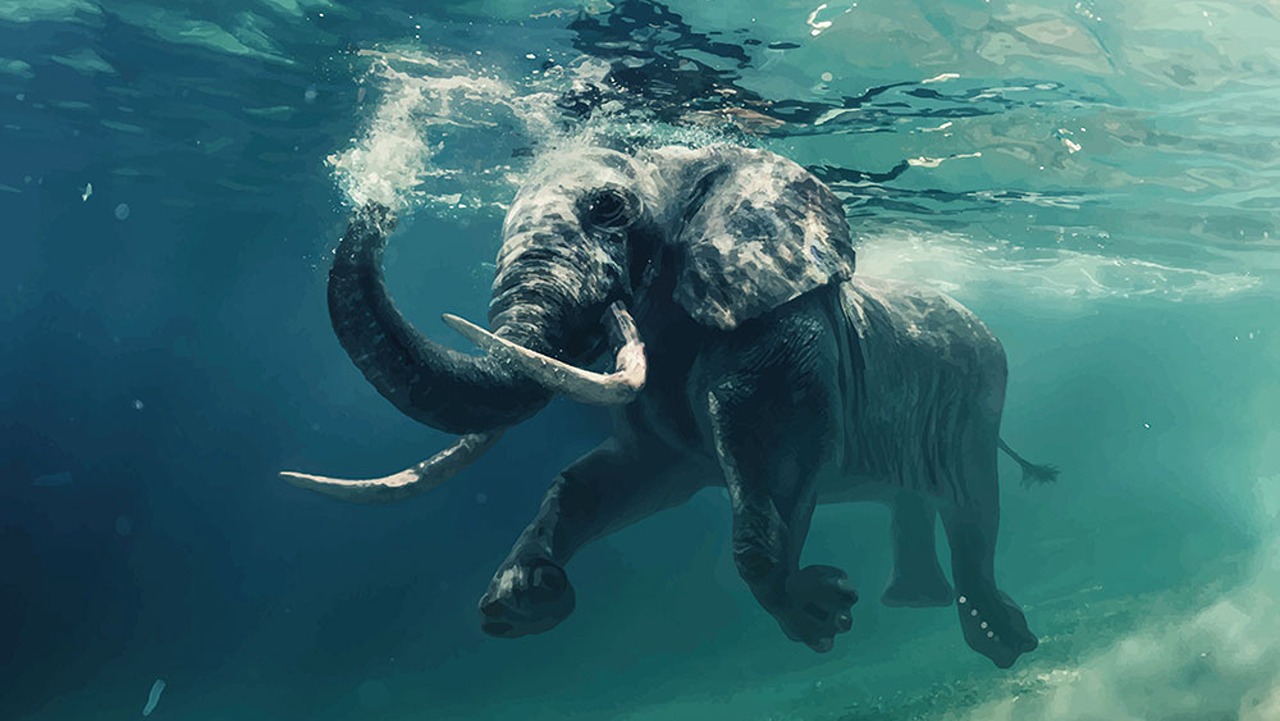Why do we humans have to learn to swim later, if almost every animal can swim from birth?
- October 16, 2023
- 0
Even if we are past infancy, if we do not know how to swim, we cannot perform such an action naturally we drown. So how is this situation
Even if we are past infancy, if we do not know how to swim, we cannot perform such an action naturally we drown. So how is this situation

Even if we are past infancy, if we do not know how to swim, we cannot perform such an action naturally we drown. So how is this situation unique to us humans? To understand this, we must consider several factors.
Swimming, which is generally considered an innate ability in animalsAlthough this is an almost instinctive behavior for many species, it takes a process for humans to acquire this skill. “But this is unfair!” Before you think, let’s look at the reasons.

People often do not have sufficient muscle control and coordination during birth. Swimming requires a complex interaction between muscles and nervous system; This interaction is not fully developed when they are born. during birth Humans’ motor skills and muscle control are also very limited.
This situation; babies when they are born of their neuromuscular (muscular and nervous) systems that are not yet fully developed It is caused by. The human body is not born with the capabilities that require the muscles and nervous system to work together in complex cooperation. This is related to the lack of motor skills necessary to perform coordinated movements, such as swimming.
In addition, a swimming animal in the same position as when walking on land You will see that this is so. Because humans and monkeys have an upright posture, they must adopt different postures when swimming, and they must learn and develop this over time.
To move through water control over body position, a number of factors such as harmonious use of arms and legs, breathing processes; These are the elements that make up swimming skills. However, a newborn baby does not have the ability to immediately perform such complex muscle control and coordination.
Development of the neuromuscular systemIt increases as babies grow older and gain experience. In the first months, babies usually have only reflexive reactions, but over time muscle tone increases, coordination improves and they begin to learn complex motor skills.
The swimming ability is also generally develops in this process. Parent-organized water activities can help children learn this skill, but usually this process goes hand in hand with their natural development.
This reflex It occurs naturally in many aquatic animals However, when we enter the water, it is not possible for us to breathe air. One of the factors limiting people’s ability to breathe naturally underwater is the complex interaction between swimming reflexes and respiratory systems. At birth we are equipped with a series of reflexes that prevent us from inhaling water.
Many animals that enter the water have a natural reflex to hold their breath. However, this reflex in humans is not sufficiently developed to support prolonged underwater breathing. People automatically hold their breath when they enter the water, but unfortunately this reflex is not sufficient for prolonged underwater activities.
These adjustments make it possible for people to do that stay away from aquatic habitats thus influencing the reduced need for innate aquatic skills. A major turning point in human evolution is related to the transition from aquatic habitats to terrestrial life.
Homo erectus species, moved away from aquatic habitats and generally lived on land. This transition; More efficient movement on land was needed for hunting, foraging and other activities.
Almost for these reasons While all animals are natural swimmers People acquire this ability later. I wish we could innately know how to swim reflexively like all other animals, but that’s okay!
Follow Webtekno on Threads and don’t miss the news
Source: Web Tekno
Ashley Johnson is a science writer for “Div Bracket”. With a background in the natural sciences and a passion for exploring the mysteries of the universe, she provides in-depth coverage of the latest scientific developments.